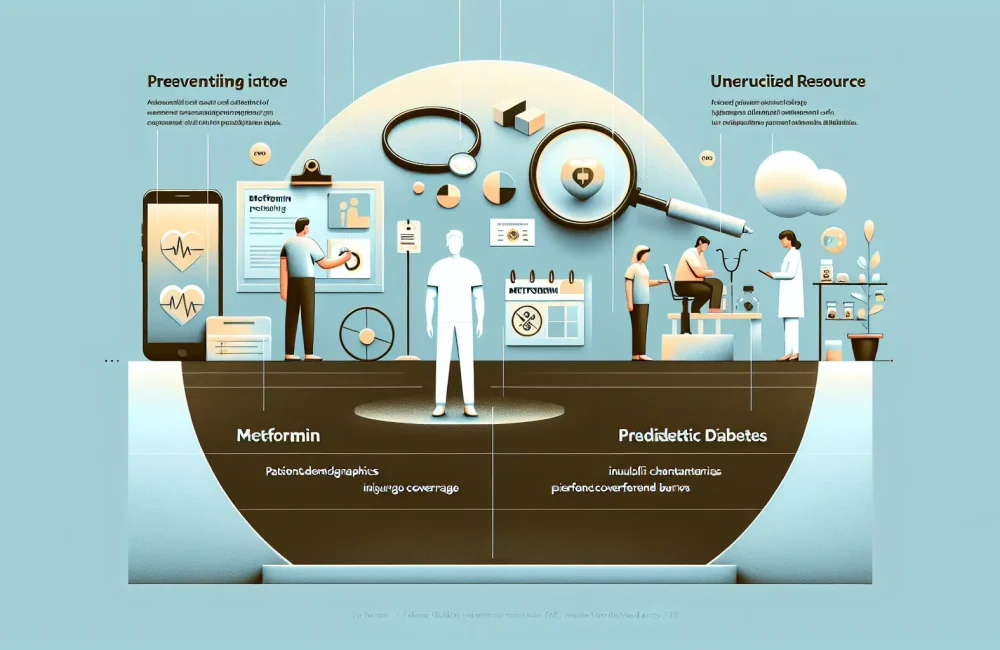By CAFMI AI From JAMA
Epidemiology and Pathophysiology of Obesity
Obesity remains a critical and growing public health challenge worldwide, with multifaceted origins involving genetic, environmental, and behavioral contributors. Clinicians, especially those practicing in the United States, encounter an epidemic shaped not only by caloric imbalance but by complex metabolic and inflammatory pathways. Recent research highlights that obesity is not merely excess weight but a chronic condition driven by interactions between genetics, lifestyle factors, and systemic inflammation. For instance, alterations in gut microbiota have been identified as influential in energy metabolism and inflammation, contributing to obesity’s persistence and severity. Understanding these mechanisms is vital for healthcare professionals to appreciate the depth of the disease beyond surface-level weight measurements and to tailor management accordingly. Furthermore, obesity’s epidemiology varies among populations, with disparities linked to socioeconomic factors and access to care, shaping how clinicians approach prevention and treatment strategies. Importantly, ongoing studies underscore obesity’s role as a significant risk factor for severe COVID-19 outcomes, emphasizing the urgency for integrated approaches to care.
Current Treatments and Emerging Therapeutics
Management of obesity requires a multifaceted approach tailored to individual patient needs, ranging from lifestyle modifications to advanced pharmacological and surgical interventions. Lifestyle interventions focusing on diet, physical activity, and behavioral change remain the cornerstone of obesity treatment. These include structured programs encouraging caloric reduction and increased physical activity, which can yield meaningful weight loss and health benefits when applied consistently. Pharmacotherapy has advanced with new agents targeting metabolic pathways and appetite regulation offering additional tools for clinicians. These medications provide benefit especially in patients with obesity-related comorbidities such as type 2 diabetes and cardiovascular disease. Furthermore, bariatric surgery represents a highly effective option for severe obesity, often resulting in sustained weight loss and improvement or remission of related conditions. The article highlights that integrating these treatment modalities within a multidisciplinary team—including dietitians, psychologists, and primary care providers—is essential for optimizing outcomes. For practicing clinicians, it is important to consider patient preferences, potential side effects, and long-term adherence when recommending therapies.
Public Health Implications and Multidisciplinary Management
Obesity’s widespread impact necessitates strategies beyond individual patient care, calling for public health initiatives and policy interventions to curb its rise. Clinicians play a pivotal role not only in direct management but also in advocating for supportive environments and policies that promote healthy behaviors. This includes efforts aimed at improving access to nutritious foods, creating opportunities for physical activity, and addressing socioeconomic factors that contribute to disparities in obesity prevalence. The article underscores the importance of multidisciplinary approaches, engaging medical professionals, public health experts, and policymakers to tackle obesity comprehensively. Psychosocial aspects, including stigma and mental health challenges associated with obesity, require careful attention in clinical practice, with counseling and support integral to patient-centered care. Follow-up and monitoring protocols in primary care are critical for sustaining weight management and mitigating obesity-related complications. The review calls for healthcare systems to adopt workflows that facilitate coordinated care and emphasizes ongoing research to inform evidence-based guidelines, ultimately aiming to reduce the burden of obesity on patients and society.
Read The Original Publication Here






